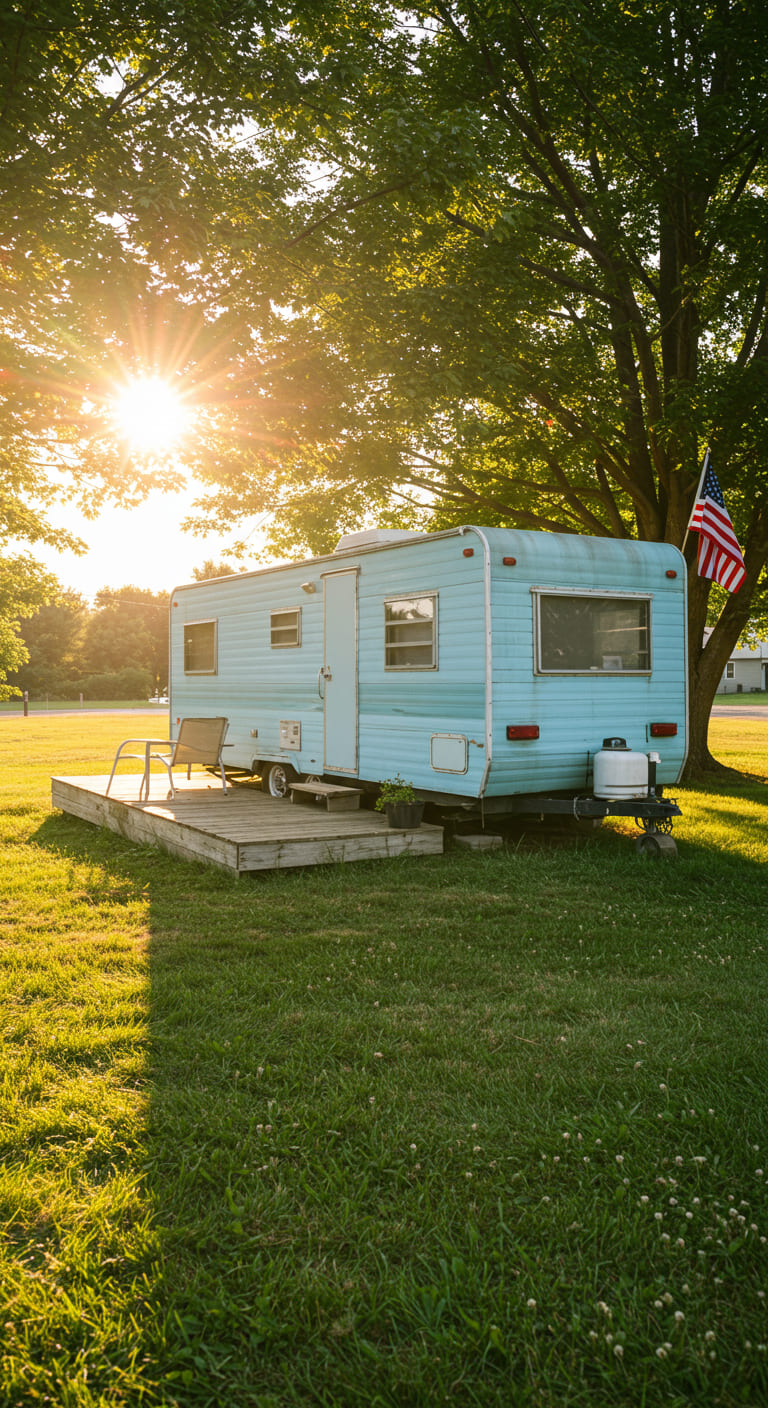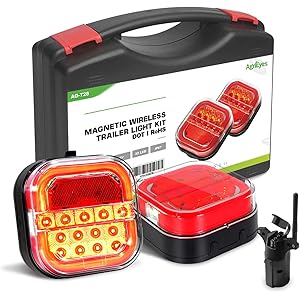As I delve into the world of mobile home parks, I find myself fascinated by the unique dynamics and opportunities they present. Whether you’re considering investing in one or simply curious about how they operate, this article will guide you through the complexities and secrets of mobile home parks. Join me as we explore the ins and outs of this often-overlooked sector of real estate.
Understanding Mobile Home Parks
Mobile home parks are communities where individuals reside in manufactured homes, often referred to as mobile homes. These parks provide a unique living arrangement that combines affordability with community. But how do they really work? Let’s break it down.
The Basics of Mobile Home Parks
- Ownership Structure: Mobile home parks can be owned by individuals, corporations, or real estate investment trusts (REITs). The ownership structure significantly impacts how the park operates and how profits are distributed.
- Types of Tenancy: Residents may own their mobile homes but rent the land, or they may rent both the home and the land. This distinction affects the park’s revenue model.
- Community Amenities: Many parks offer amenities like swimming pools, playgrounds, and laundry facilities, enhancing the living experience and attracting residents.
The Economic Appeal of Mobile Home Parks
One of the most compelling reasons to consider mobile home parks is their economic potential. Here are some key advantages:
Affordability
Mobile homes typically cost significantly less than traditional homes. The affordability attracts a diverse demographic, including low-income families, retirees, and young professionals. According to recent data, the average price of a mobile home is around $70,000, compared to the national median home price of over $400,000.
Low Vacancy Rates
Mobile home parks often experience lower vacancy rates compared to traditional rental properties. The tight-knit community vibe keeps residents invested in their homes and less likely to move. A report from the National Association of Realtors indicates that mobile home parks maintain a vacancy rate of around 5%, compared to 10% for conventional rental properties.
Steady Cash Flow
For investors, mobile home parks can provide a consistent stream of income. With residents typically signing long-term leases, park owners can count on reliable rent payments. This stability is particularly appealing during economic downturns.
How Mobile Home Parks Operate
The operation of a mobile home park involves several essential components. Understanding these can help demystify the process.
Management and Maintenance
- On-Site Management: Many parks employ on-site managers who handle day-to-day operations, including maintenance, rent collection, and resident relations.
- Maintenance Protocols: Regular maintenance ensures that the park remains a safe and appealing place to live. This includes landscaping, road repairs, and facility upkeep.
Utilities and Amenities
Most mobile home parks provide essential utilities such as water, electricity, and sewage disposal. These services are typically included in the rent or charged separately. Additionally, parks may offer amenities that enhance the quality of life for residents, like:
- Community centers for events and gatherings
- Playgrounds for children
- Fitness facilities or walking trails
Challenges of Mobile Home Parks
While mobile home parks can be lucrative, they are not without their challenges. Here are some common issues faced by park owners:
Regulatory Compliance
Mobile home parks must comply with local, state, and federal regulations, including zoning laws and health codes. Failure to adhere to these regulations can result in fines or even park closure.
Resident Relations
Maintaining positive relationships with residents is crucial. Complaints about noise, maintenance issues, or disputes between neighbors can escalate if not managed effectively.
Market Fluctuations
Like all real estate investments, mobile home parks are susceptible to market fluctuations. Economic downturns can lead to increased vacancy rates, impacting cash flow.
Investing in Mobile Home Parks
If you’re considering investing in mobile home parks, understanding the investment landscape is key. Here are some strategies to get you started:
Research and Due Diligence
Before investing, conduct thorough research on potential parks. Key factors to consider include:
- Location and market demand
- Current occupancy rates
- Condition of the infrastructure
- Local regulations and zoning laws
Financing Your Investment
Financing options for mobile home parks may differ from traditional real estate investments. Here are some common methods:
- Conventional mortgages
- Syndication with other investors
- Partnerships with experienced operators
Improvement and Value-Add Strategies
Investors can increase the value of their mobile home parks through various improvement strategies, such as:
- Upgrading amenities and facilities
- Implementing better management practices
- Increasing marketing efforts to attract new residents
Case Studies: Success Stories in Mobile Home Parks
To illustrate the potential of mobile home parks, let’s look at a few success stories from the industry.
Case Study: Sun Communities
Sun Communities is one of the largest operators of manufactured home communities in the United States. Founded in 1975, the company has successfully acquired and managed numerous mobile home parks across the country. Their strategic focus on enhancing community amenities and improving park management has led to consistent revenue growth and high occupancy rates.
Case Study: Equity LifeStyle Properties
Equity LifeStyle Properties, another major player in the mobile home park industry, has mastered the art of diversifying its portfolio. By investing in various manufactured home communities, the company has mitigated risks associated with market fluctuations and maintained steady cash flow for its investors.
Future Trends in Mobile Home Parks
As I reflect on the future of mobile home parks, several trends emerge that could shape the industry:
Increased Demand for Affordable Housing
With housing prices soaring, the demand for affordable living options like mobile home parks is likely to increase. This trend presents opportunities for investors willing to enter the market.
Technology Integration
Mobile home parks are beginning to embrace technology for better management and resident experience. Innovations such as online rent payment systems and community apps can enhance operational efficiency and resident satisfaction.
Sustainability Initiatives
As environmental concerns grow, mobile home parks can adopt sustainable practices, such as energy-efficient utilities and eco-friendly landscaping, to attract environmentally conscious residents.
Conclusion
Mobile home parks represent a unique and often undervalued segment of the real estate market. With their affordability, steady cash flow, and community-centric approach, they offer a compelling opportunity for both residents and investors. However, it’s crucial to navigate the challenges and conduct thorough research before diving in.
As I wrap up this exploration of mobile home parks, I encourage you to consider the potential they hold. Whether you’re thinking of investing or simply seeking a new community to call home, mobile home parks could be the answer. Join the conversation today and share your thoughts or experiences with mobile home parks!
Frequently Asked Questions
What is the average cost of a mobile home?
The average cost of a mobile home is around $70,000, but prices can vary based on location, size, and amenities.
Are mobile home parks a good investment?
Yes, mobile home parks can be a lucrative investment due to their low vacancy rates, affordability, and steady cash flow.
How do I find a mobile home park for sale?
You can find mobile home parks for sale through real estate websites, brokers specializing in mobile home parks, or through local listings.
What are the risks associated with investing in mobile home parks?
Risks include regulatory compliance, resident relations, and market fluctuations. Proper research and management can mitigate these risks.
If you found this article helpful, I invite you to sign up for our newsletter for more insights and tips on mobile home parks. Share this article with your friends and on social media to spread the knowledge!
Agrieyes Halo Wireless Trailer Lights, 2 Mounting Options Magnetic Trailer Light for Towing, Portable LED Tow Lights Kit for Trucks, Boat, RV
$79.99 (as of November 15, 2025 07:52 GMT -03:00 - More infoProduct prices and availability are accurate as of the date/time indicated and are subject to change. Any price and availability information displayed on [relevant Amazon Site(s), as applicable] at the time of purchase will apply to the purchase of this product.)
Sign up for our newsletter and stay up to date with exclusive news
that can transform your routine!





